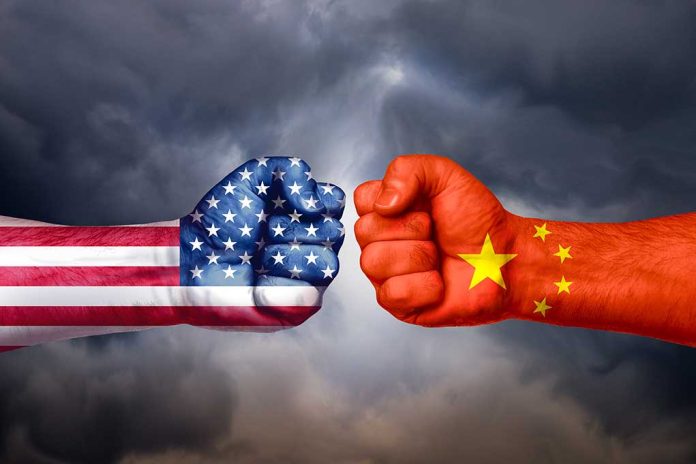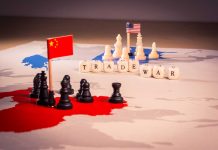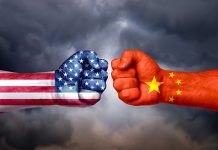
China’s decision to block the export of rare minerals needed for technology production could redefine the U.S.-China trade relationship.
At a Glance
- China announced a ban on the export of certain rare minerals to the United States, escalating the tech war between the two nations.
- The ban includes minerals such as gallium, germanium, and antimony, citing national security concerns due to their military applications.
- The export of graphite from China to the U.S. will also face stricter review processes.
- The Biden administration has intensified restrictions on China’s access to advanced technology.
China’s Export Ban on Rare Minerals
China has stopped the export of rare minerals like gallium, germanium, and antimony to the United States. Known for their critical role in the production of semiconductors and other advanced technologies, these minerals are central to technological advancements globally. China’s decision marks a serious escalation in the ongoing trade tensions between the two superpowers, a conflict that already impacts global supply chains significantly.
The U.S. has also raised controls to prevent China’s access to advanced chip technologies. These recent actions from both sides threaten the supply of essential components for electronics and military applications worldwide. This leaves the U.S. in a challenging position to find new, reliable sources or methods for obtaining these critical materials.
China is banning exports of rare minerals to the U.S. in a trade war tit-for-tat https://t.co/2EXt1sYAwu
— Quartz (@qz) December 3, 2024
Technological and Economic Implications
The current ban could severely disrupt supply chains crucial for tech development not only in the U.S. but worldwide. China dominates global production of these minerals, meaning sudden restrictions can lead to a significant scramble for alternative sources. The strategic move by China emphasizes the tactical use of resource control as leverage in trade negotiations, potentially impacting various sectors, including electronics and renewable energy.
“Such practices seriously undermine the international economic and trade order, disrupt the stability of global production and the supply chain, and harms the interests of all countries” – Lin Jian Source
The Biden administration responded by imposing tight export controls, illustrating historical continuity in U.S. policy attempting to protect and bolster domestic tech industries. This hardened stance against China risks escalating tensions further, yet reflects a resolve to maintain America’s competitive technological edge.
Exploring Alternatives to Chinese Minerals
The U.S. must reconsider sourcing strategies to mitigate dependency on China for critical materials. Potential solutions include increasing mining activities domestically or turning to allies with untapped mineral reserves. Encouraging recycling and innovating substitutions may also help lessen dependency. Such strategies are crucial for maintaining the country’s autonomy in tech production and defense manufacturing.
This geopolitical maneuver by China highlights the need for diversified supply routes in critical industries. If effectively implemented, these alternatives could serve as a foundation for resilience against similar future disruptions. It’s vital for policymakers to act swiftly to secure a sustainable supply chain for crucial technologies.






















